
An Unrelenting Assault on a Defenseless Population
The ongoing devastation in Gaza has cast a haunting and indelible shadow over the conscience of the world. Day after day, innocent Palestinians—defenseless children, grieving mothers, elderly men and women—are subjected to unimaginable horror. They are not merely caught in the crossfire; they are the victims of a systematic and relentless assault that has claimed tens of thousands of lives and shattered countless others. Entire families have been erased, neighborhoods reduced to rubble, hospitals and schools transformed into graveyards. The scale of suffering is staggering, and the silence—or worse, the complicity—of the international community only deepens the wound.
Images of bloodied infants, desperate parents clutching their lifeless children, and communities mourning the loss of generations have pierced the global consciousness. These are not distant, abstract tragedies—they are the visceral, lived realities of human beings whose voices have been drowned out by the roar of bombs and the machinery of war. Their cries for justice echo through the ruins, pleading for recognition, for humanity, for an end to the carnage.
Complicity Through Political and Military Support
And yet, amid this unfolding humanitarian catastrophe, the unwavering support of powerful nations—most notably the United States—for the Israeli government continues unabated. This support is not limited to words, but is backed by the transfer of advanced weaponry, diplomatic shielding, and political endorsement. It empowers a government led by a figure who appears not only indifferent to the mounting civilian death toll, but who at times seems to justify or even encourage the continuation of such egregious acts.
This alignment raises profound and troubling questions. What does it mean for a nation that claims to uphold human rights and democratic values to stand so firmly behind a campaign that has brought so much suffering to innocent people? How can the language of freedom and justice be reconciled with actions that enable destruction and oppression on such a vast scale? In this moral reckoning, the credibility of the international order, and the sincerity of its professed principles, hang in the balance.
A Failing Test of Shared Humanity
To witness such cruelty—and to see it met not with outrage but with endorsement—is to confront the harrowing gap between what is right and what is politically expedient. It is a test of our shared humanity, and one that the world, thus far, is tragically failing.
Across the globe, a wave of mass protests and demonstrations has surged in response to the unfolding crisis in Gaza. From the streets of London and New York to the squares of Paris, Istanbul, Johannesburg, and beyond, ordinary citizens—students, workers, parents, and elders—have risen in collective outrage. Their voices thunder with a moral clarity that transcends borders, denouncing what many unequivocally describe as crimes against humanity. These gatherings, often in the hundreds of thousands, are not merely political expressions; they are deeply human cries for justice, for compassion, for an end to the killing.
.
Protests in 2024 against Israel’s genocide continued across the country as the official death toll passed 40,000. Photo: Pip Hinman
.
Demands for Justice Amid a Deafening Silence
Placards bearing the faces of murdered children, chants demanding an end to the siege, and the symbolic raising of Palestinian flags have become potent emblems of solidarity. Protesters call not only for a ceasefire but for meaningful accountability—for those responsible for the carnage to face consequences, for complicit governments to be held to account, and for global institutions to finally act in defense of the vulnerable. Yet, for all their intensity and moral force, these global demonstrations have, thus far, had a tragically limited impact.
Despite this chorus of conscience, the machinery of war grinds on. The Israeli military—led by the Israel Defense Forces (IDF) and bolstered by a vast arsenal of high-tech weaponry—continues its operations with seeming impunity. Civilians in Gaza, already exhausted by decades of siege and displacement, are subjected daily to bombardments, raids, and blockades that leave no safe refuge. Schools, refugee camps, and hospitals are not spared. The relentless assault, marked by a disturbing disregard for civilian life, proceeds in defiance of international law and the repeated warnings of humanitarian organizations.
This impunity is not born of isolation, but of protection—from powerful allies, from a system that appears selectively blind to certain atrocities, and from a global order that too often confuses strength with righteousness. As the world watches, as voices rise and demonstrations swell, one chilling truth remains: the cries for justice may be loud, but they are not yet being heard where it matters most.
Can Protest Create Change in the Face of Brutality?
This raises a critical and unsettling question: What is the true significance of these widespread protests if the killing persists unabated? Do the impassioned marches, the candlelight vigils, the viral hashtags, and the collective outcry across social media hold any tangible power to halt the violence? Can moral outrage—however widespread and deeply felt—translate into real-world change in the face of such entrenched brutality?
The grim reality, increasingly difficult to ignore, suggests otherwise. Despite the fervor of global solidarity, despite the impassioned pleas from human rights organizations, and despite the millions who have taken to the streets demanding justice, the machinery of war continues to churn. The bombs do not stop falling. The death toll climbs. The siege tightens. And those in positions of power—those capable of intervening meaningfully—often remain unmoved or, worse, complicit.
This growing disconnect between public outrage and political consequence exposes a painful truth: that in today’s world, moral clarity does not guarantee action. That even when the horrors are broadcast in real-time, even when the perpetrators are known and the victims clearly innocent, the mechanisms of global accountability often falter—or never activate at all. Protest becomes a kind of ritual mourning, a symbolic act that soothes the conscience but struggles to shift the course of events.
And so, the cycle of violence endures. The people continue to suffer. The silence of the powerful speaks louder than the cries of the oppressed. In this haunting imbalance, the world is left to confront a sobering question: Is moral outrage enough? Or does justice in our time require something deeper—more sustained, more disruptive, more courageous—than the expressions of grief and condemnation alone?
Until that reckoning arrives, until outrage is matched by real consequences, the protests—though righteous—will remain echoes of a conscience in crisis, powerful in voice but limited in impact against the vast machinery of sanctioned violence.
The Hollow Symbolism of Diplomatic Recognition
While a growing number of countries have officially recognized the State of Palestine—framing it as a step toward justice and a two-state solution—this diplomatic gesture rings hollow against the backdrop of relentless bloodshed. In principle, such recognition affirms the Palestinian right to self-determination and signals solidarity with a people long denied statehood. But in practice, these declarations do little to halt the bombs falling on Gaza or to alleviate the immense suffering endured by its besieged population.
Recognition on paper, no matter how symbolically powerful, cannot rebuild homes reduced to rubble, cannot resurrect the lives lost, and cannot shield families from the next airstrike. The gap between political language and lived reality is stark.
While statements are issued in foreign capitals, children in Gaza continue to die in overcrowded hospitals with no electricity, families search the debris for their loved ones, and entire communities live under constant fear, hunger, and displacement.
The brutality of the present moment renders these diplomatic acknowledgments painfully insufficient.
The Failure of Symbolic Politics
This dissonance underscores the fundamental limitations of symbolic politics in the face of active, ongoing violence. Recognition without action—without sanctions, without pressure, without the will to hold perpetrators accountable—becomes a performance, an empty ritual in the theater of international diplomacy. It offers Palestinians words of support while leaving them to endure, alone, the weight of occupation, siege, and war.
Moreover, this disconnect exposes a deeper failure of the global system: the inability—or unwillingness—of institutions and states to translate moral positions into concrete, protective measures. When international recognition does not result in material change, it risks becoming a substitute for meaningful engagement, allowing governments to claim alignment with justice while avoiding the political costs of confronting the realities of apartheid, colonization, and war crimes.
In the end, the recognition of Palestine, while symbolically important, must be measured not by press releases or parliamentary votes, but by its capacity to alter the conditions on the ground. Until the daily torment of Palestinians is addressed with urgent, sustained action—until their safety, dignity, and freedom are defended in more than name—these gestures will remain as fragile and fleeting as the lives they fail to protect.
.
Trucks with humanitarian aid waiting to cross from Egypt into the Gaza Strip in 2024 (Licensed under CC BY 4.0)
.
Digital Outcry in a Desensitized World
Social media platforms are inundated with condemnations—hashtags trending across continents, viral videos documenting the horrors on the ground, and heartfelt appeals from people of all ages and backgrounds calling out Israel’s actions in Gaza. Powerful images circulate within seconds: children pulled from rubble, anguished families mourning their loved ones, and urgent calls for justice echoing across digital landscapes. In this vast online chorus, millions are raising their voices, hoping to awaken the conscience of the world.
This digital activism, fueled by a profound sense of urgency and injustice, has undeniably played a vital role in spreading awareness, challenging mainstream narratives, and giving visibility to Palestinian voices that have long been marginalized in traditional media. It has mobilized solidarity across borders, inspired mass protests, and fostered a sense of global unity among those demanding an end to the violence.
From Visibility to Impact: The Challenge Ahead
Despite the scale and intensity of this digital outcry, tangible political change remains stubbornly out of reach. The bombs continue to fall, the siege tightens, and the suffering deepens. Online visibility has not translated into policy shifts by the most powerful actors, nor has it curbed the momentum of military aggression. The brutality persists, seemingly immune to public opinion and resistant to the pressure of even the most viral campaigns.
This stark contrast between global outrage and political inaction exposes the inherent limitations of social media activism when confronting deeply entrenched geopolitical alliances and the immense weight of military and economic interests. While social media can illuminate injustice, it cannot by itself dismantle the structures that uphold and perpetuate that injustice. It can amplify voices, but it cannot compel accountability from those who are shielded by power and impunity.
Moreover, in a world where attention spans are short and digital movements often rise and fall with the algorithm, there is a danger that even the most urgent humanitarian crises become fleeting moments of engagement—replaced within days by the next trend, the next news cycle. The trauma of an entire people risks being reduced to a stream of content, consumed and forgotten in the endless scroll.
To be clear, online activism is not meaningless. It is a vital tool in the fight for justice—but it is not enough. Without sustained pressure on institutions, without coordinated political action, without consequences for the perpetrators of violence, the digital outcry will continue to echo in a void. The challenge now is not only to speak out, but to build the bridges between awareness and action—to turn visibility into impact, and outrage into sustained resistance.
The Paralysis of International Institutions
The role of international institutions such as the United Nations—long regarded as pillars of peacekeeping, human rights advocacy, and moral authority—appears increasingly impotent in the face of the unfolding atrocities in Gaza. Founded in the wake of global war with the explicit mandate to prevent future horrors, uphold human dignity, and protect the vulnerable, the UN today stands as a symbol of what many see as institutional paralysis. Despite the overwhelming evidence of human suffering, violations of international law, and potential war crimes, the organization has failed to mount a response that matches the gravity of the crisis.
Time and again, calls for ceasefires, humanitarian corridors, and accountability measures are diluted by the political interests of powerful member states—particularly within the Security Council, where veto power often serves as a tool of obstruction rather than justice. The repeated use of this mechanism to shield allies from scrutiny has rendered the UN’s resolutions toothless and its condemnations hollow. For many watching the devastation in Gaza, the United Nations has become a venue for rhetorical performance rather than a force capable of stopping the bloodshed.
This perceived ineffectiveness has led to widespread disillusionment. Civilians under siege are left to wonder whether the international bodies established to protect them have any real power—or will—to do so. When children are bombed in their beds and hospitals are reduced to rubble, when aid convoys are blocked and starvation is used as a weapon, the silence or inertia of the global community is not merely a failure of diplomacy—it is a moral failure.
Moral Failure in the Halls of Power
The inaction of institutions like the UN does not happen in a vacuum; it actively erodes their credibility. Every day that passes without accountability reinforces the belief that international law is applied selectively, and that justice is a privilege of the powerful rather than a right for all. This perception undermines the very foundation of global order and casts a long shadow over efforts to mediate future conflicts or champion human rights elsewhere.
What this moment demands is not more carefully worded statements or delayed investigations—it demands a fundamental reevaluation of how these institutions function, whom they serve, and how they can be reformed to act decisively in the face of mass suffering. If they are to remain relevant in the 21st century, bodies like the United Nations must reclaim the moral and legal authority they were built to embody—not through symbolic gestures, but through courageous, consistent, and enforceable action.
Until then, their silence will speak louder than their charters, and their inaction will continue to stain the very principles they were created to uphold.
Grotesque Proposals and Dehumanizing Rhetoric
Adding to the already disturbing and deeply tragic narrative surrounding Gaza, recent statements by U.S. President Donald Trump have introduced a new layer of moral dissonance. In a series of remarks, Trump proposed relocating surviving Palestinians to other countries, and even floated the idea of transforming Gaza—a land currently ravaged by war, displacement, and grief—into a so-called “world-class tourist resort.” These comments, delivered with alarming detachment from the suffering on the ground, exemplify a chilling disregard for the lived realities of millions of Palestinians and betray a profound failure to grasp the moral, historical, and human dimensions of the crisis.
Such proposals are not merely tone-deaf—they are dehumanizing. To suggest that Palestinians be forcibly removed from their ancestral land, as though they are an inconvenient population to be resettled elsewhere, is to echo the language of ethnic cleansing, not peacebuilding. It disregards their internationally recognized right to return, their historical connection to the land, and their enduring struggle for dignity, justice, and self-determination. Reducing Gaza to a future luxury destination, while its people are being buried beneath the rubble of their homes, is not just offensive—it is grotesque.
These remarks do not exist in isolation; they reflect a broader pattern of political rhetoric that treats Palestinians not as a people with rights, history, and humanity, but as obstacles to be managed or removed. Rather than offering solutions rooted in international law, human rights, and the pursuit of a just peace, such statements promote a vision of the future that erases Palestinian identity altogether. They trivialize the enormity of the suffering, ignore the decades of dispossession and occupation, and offer not healing or reconciliation, but a repackaged form of displacement and denial.
Leadership Without a Moral Compass
These comments expose a startling lack of moral compass from a figure who occupies the highest political office in the United States—a country whose foreign policy decisions carry immense weight. When global leaders or heads of state make light of mass suffering or propose solutions that amount to forced displacement, they not only embolden oppressive regimes but also weaken the global norms that are meant to protect vulnerable populations from such abuse.
At a time when the world should be rallying for immediate humanitarian relief, long-term justice, and an end to occupation and siege, these remarks do nothing but deepen the wound. They signal to Palestinians that their pain is invisible, their rights negotiable, and their future a commodity. And they remind the rest of the world of how far we still are from a discourse—and a reality—that recognizes the full humanity of the Palestinian people.
If justice is ever to be achieved, it must begin with the recognition that Palestinians are not an impediment to peace—they are its essential participants. Any vision for the future that does not center their rights, their voices, and their dignity is not a plan for peace, but a perpetuation of injustice.
Confronting a World That Has Chosen Silence
This raises a critical and deeply unsettling question about the moral integrity of those who continue to support, defend, or enable these actions. What has become of the moral compass of Israel, whose military campaign has inflicted such widespread devastation upon a largely defenseless population? And what of the nations, institutions, and public figures who, in spite of overwhelming evidence of suffering and destruction, remain steadfast in their support or complicit through silence? What kind of conscience allows for the normalization—or even justification—of such cruelty?
To witness the mass killing of civilians, the bombing of homes, hospitals, and schools, and the systematic denial of basic human rights, and still offer political cover or military aid, is to stand on the wrong side of history and humanity. The question must be asked plainly: Is there any remaining sense of justice, compassion, or human decency in a world that watches these atrocities unfold and does nothing—or worse, actively enables them?
The moral vacuum is staggering. In moments of great tragedy, history has often looked to the international community to rise above politics, to protect the innocent, and to uphold the basic principles of human rights. Yet at this moment, the prevailing response from many of the world’s most powerful actors is one of indifference, cowardice, or outright endorsement. Their failure to act—or their decision to stand with the perpetrators—exposes a crisis not just of leadership, but of moral clarity.
Where is the outrage in the halls of power? Where are the voices of conscience among those with the capacity to intervene? It is not enough to issue carefully worded statements of “concern” while continuing to supply the weapons that fuel this devastation. It is not enough to profess allegiance to human rights while defending policies that produce mass displacement and death. Such contradictions reveal a disturbing truth: for too many, the principles of justice and humanity are conditional, selectively applied depending on politics, alliances, and economic interests.
.
Nicaragua’s Carlos Argüello Gómez on April 8, 2024 during oral arguments against Germany for facilitating Israel’s genocide in Palestine. (UN Photo/Frank van Beek, Courtesy of the ICJ)
.
The Betrayal of Our Shared Humanity
This moral erosion is not just a political failure—it is a betrayal of our shared humanity. When the lives of Palestinian children are weighed against geopolitical calculations and found expendable, the entire framework of international justice is called into question. The world must reckon with the consequences of this indifference: the legitimization of violence, the abandonment of the oppressed, and the death of moral responsibility.
If there is any hope for a more just and compassionate future, it begins with confronting this moral collapse. It requires the courage to name injustice, to break the silence of complicity, and to stand unequivocally with those whose lives are being destroyed. Until that happens, we are left with a haunting truth: that in the face of unimaginable suffering, much of the world has not lost its ability to act—it has lost its will to care.
A Mirror to the World’s Conscience
The tragedy unfolding in Gaza is not merely a regional conflict—it is a profound moral reckoning for the entire global community. What we are witnessing is not just the devastation of a people, but the unraveling of the values and principles that the international order claims to uphold. Each day that the world stands by as civilians are killed, homes destroyed, and entire communities erased, we are confronted with a painful question: what remains of our collective conscience?
This crisis is not contained by borders. It transcends geography and politics, serving as a mirror reflecting the moral failings of our time. The failure to hold perpetrators accountable, the lack of decisive intervention to protect the innocent, and the continued erosion of international human rights standards—all point to a global system more concerned with preserving power and political alliances than with defending human life and dignity.
The Death of Moral Leadership
Without genuine accountability, without courageous political will, and without a renewed commitment to the core tenets of justice and international law, these atrocities will not only continue—they will redefine what the world is willing to tolerate. The normalization of such brutality sets a dangerous precedent: that some lives are disposable, that some people are forever condemned to live and die without protection, and that moral responsibility can be suspended when it is inconvenient.
In allowing Gaza to burn while offering little more than rhetorical concern or symbolic gestures, the global community risks forfeiting any remaining credibility in its claims to moral leadership. The institutions designed to protect the vulnerable are paralyzed. The voices that once called for peace are muted. And the very idea of a shared human ethic—one that values the lives of all people equally—is under threat.
A Final Reckoning: Will We Stand for Justice?
The world must ask itself, urgently and honestly: will we continue to avert our gaze, to excuse inaction with bureaucracy and geopolitics, to watch and wait as another generation is lost to war? Or will we finally summon the courage to stand up—not for one side or another, but for the basic principles of justice, humanity, and the right of every person to live free from violence and oppression?
This is not just a test of policy—it is a test of our humanity. History will remember how we responded. Let us ensure that our legacy is not one of silence and complicity, but of solidarity, conscience, and action in defense of the dignity of all people.
*
Click the share button below to email/forward this article. Follow us on Instagram and X and subscribe to our Telegram Channel. Feel free to repost Global Research articles with proper attribution.
Prof. Ruel F. Pepa is a Filipino philosopher based in Madrid, Spain. A retired academic (Associate Professor IV), he taught Philosophy and Social Sciences for more than fifteen years at Trinity University of Asia, an Anglican university in the Philippines. He is a regular contributor to Global Research.
Featured image: Scenes of the reinstated Gaza Solidarity Encampment at Columbia University on its fourth day. (Licensed under CC0)
Global Research is a reader-funded media. We do not accept any funding from corporations or governments. Help us stay afloat. Click the image below to make a one-time or recurring donation.
Counter Information publish all articles following the Creative Commons rule creative commons. If you don't want your article to appear in this blog email me and I will remove it asap.










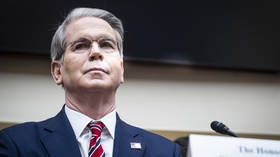
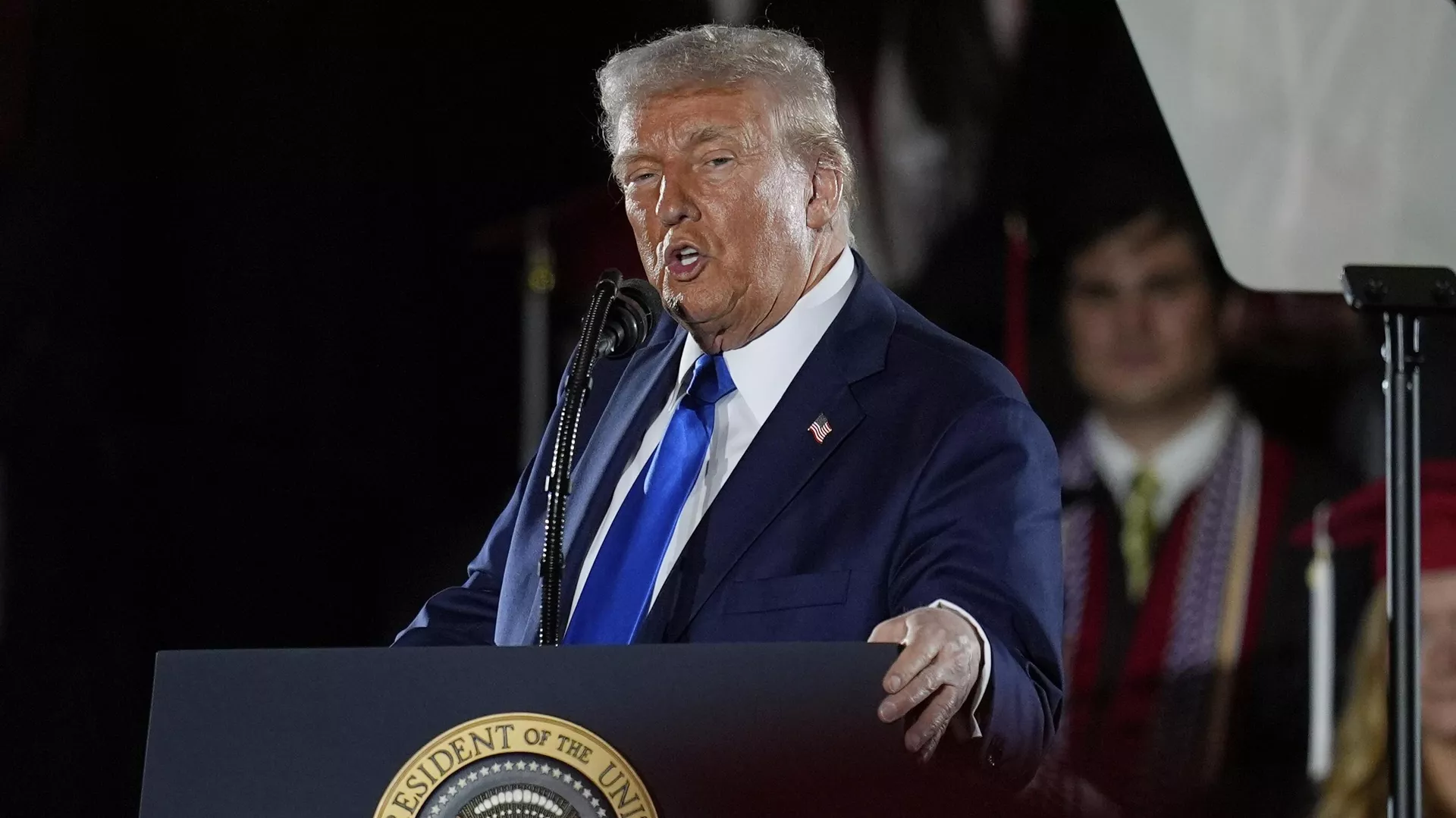
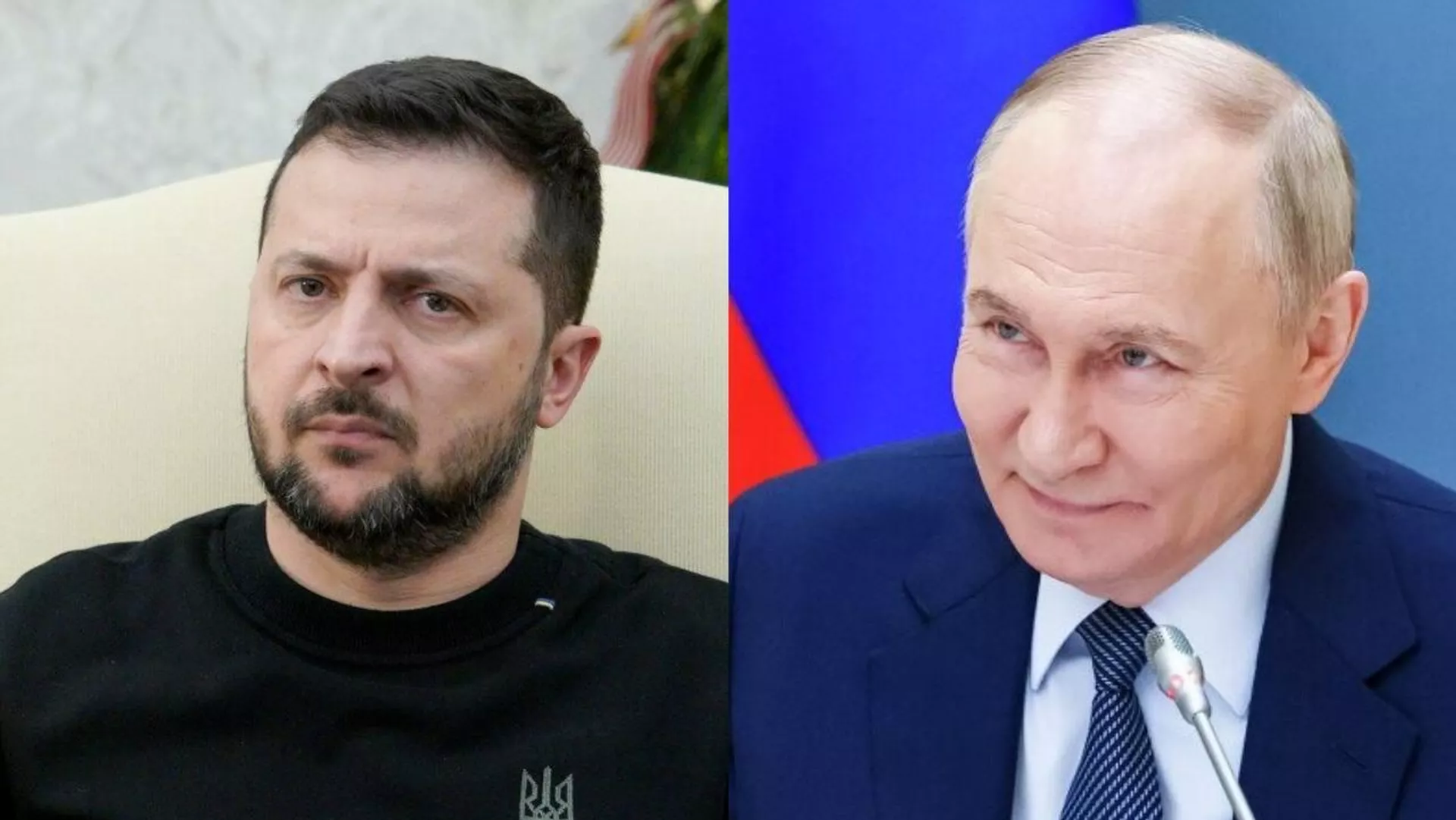
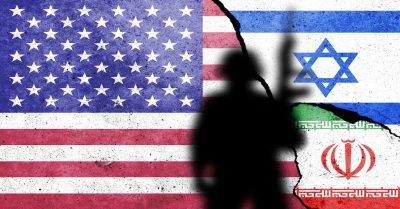


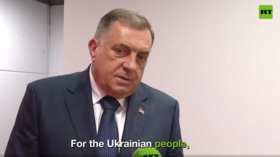
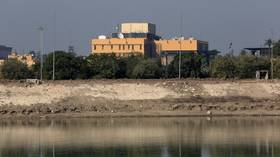
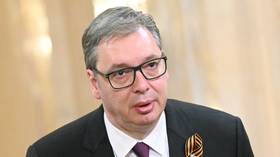
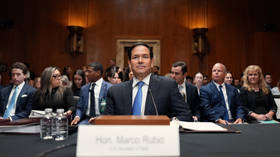
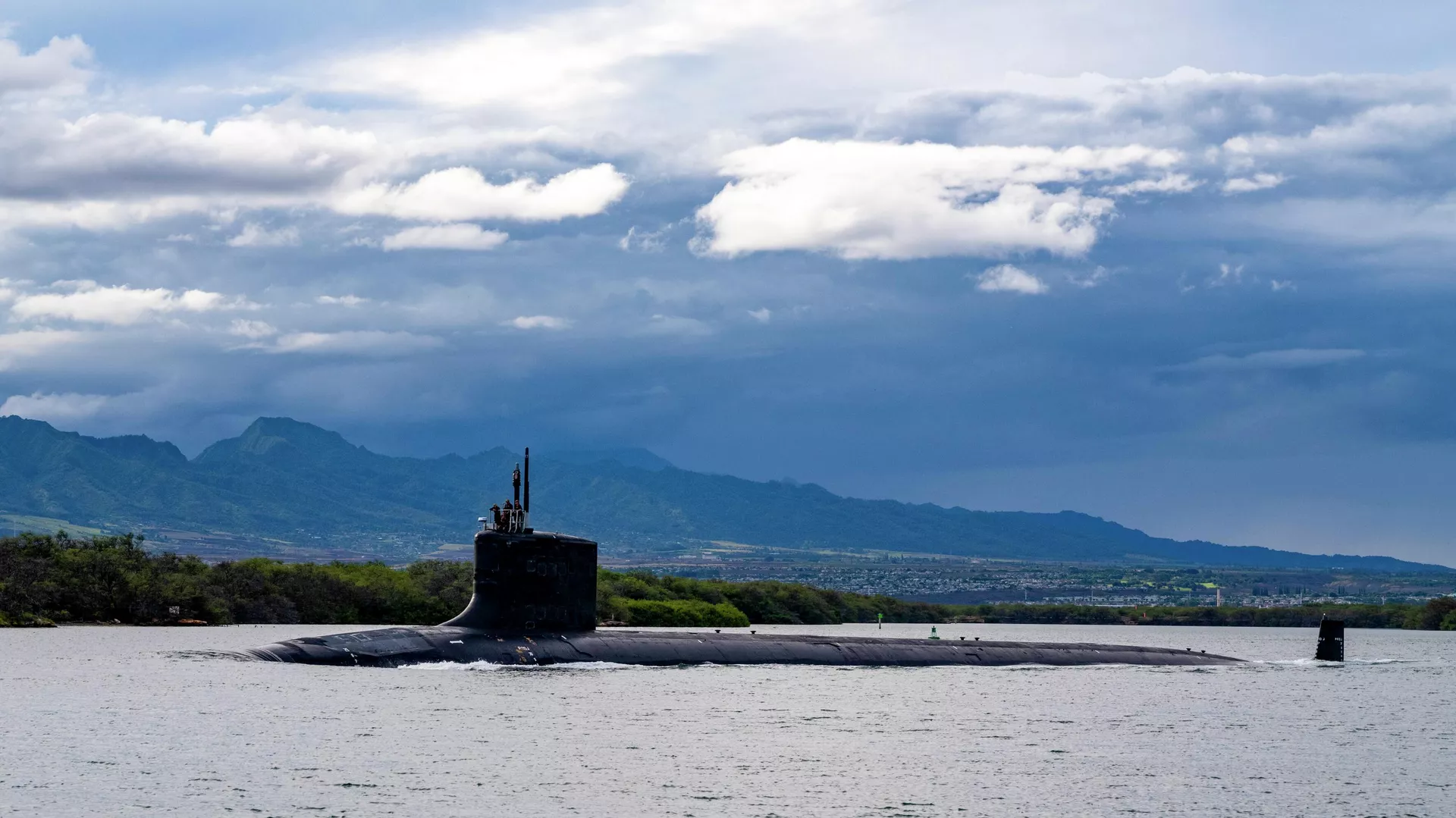
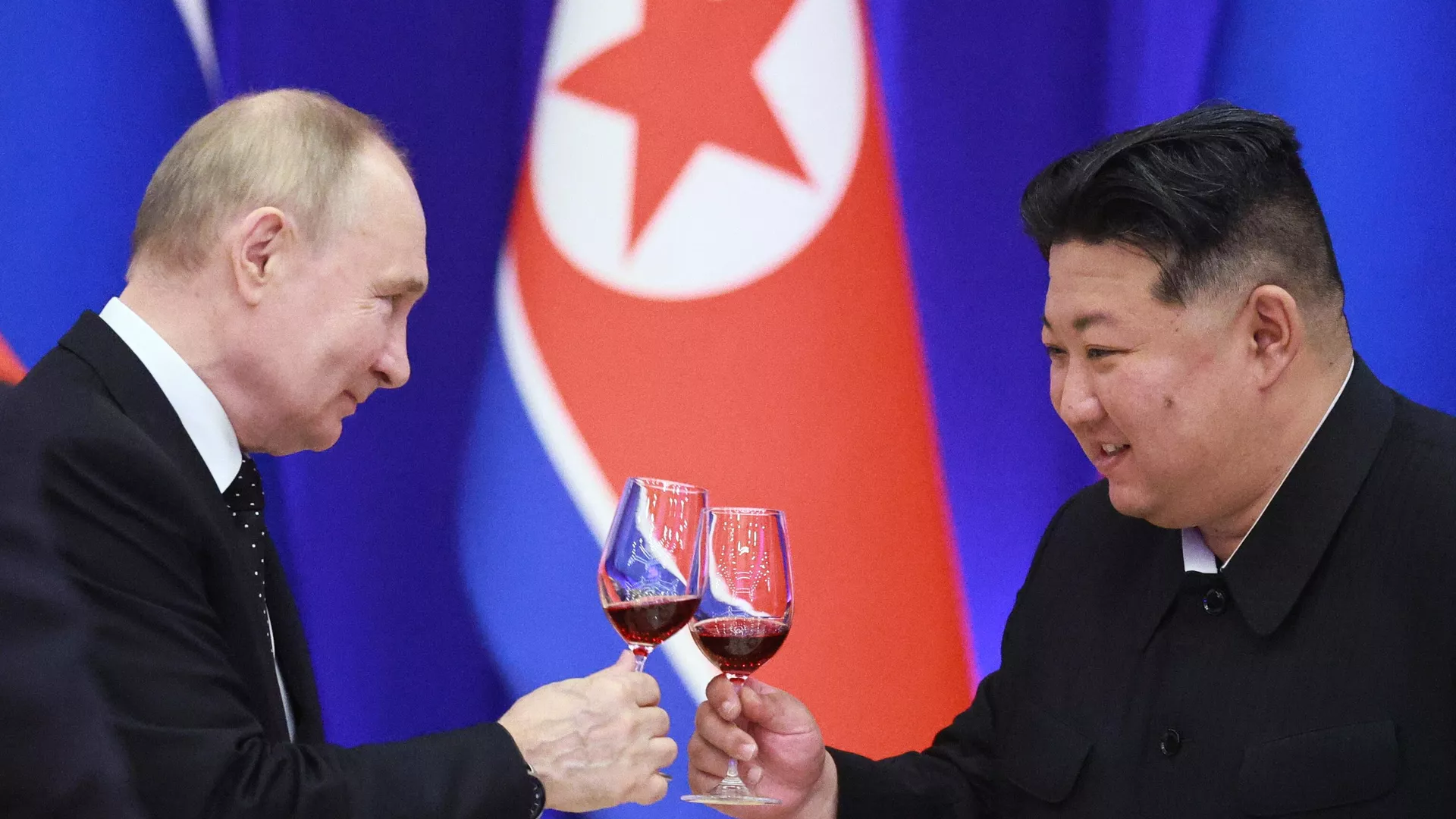





















No comments:
Post a Comment